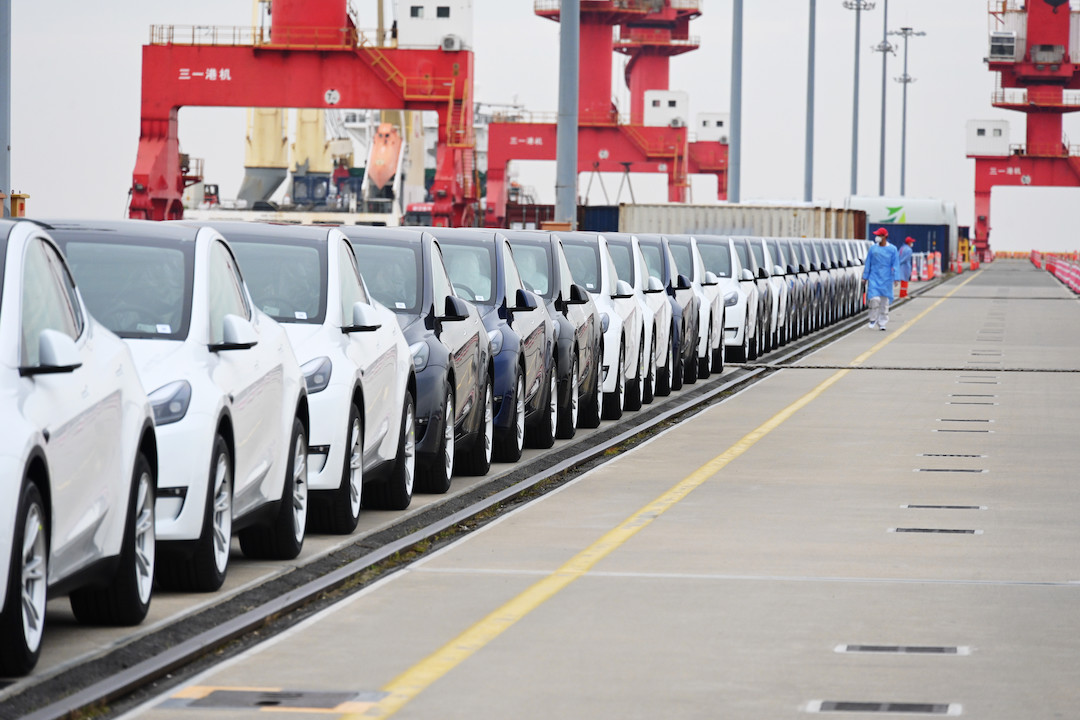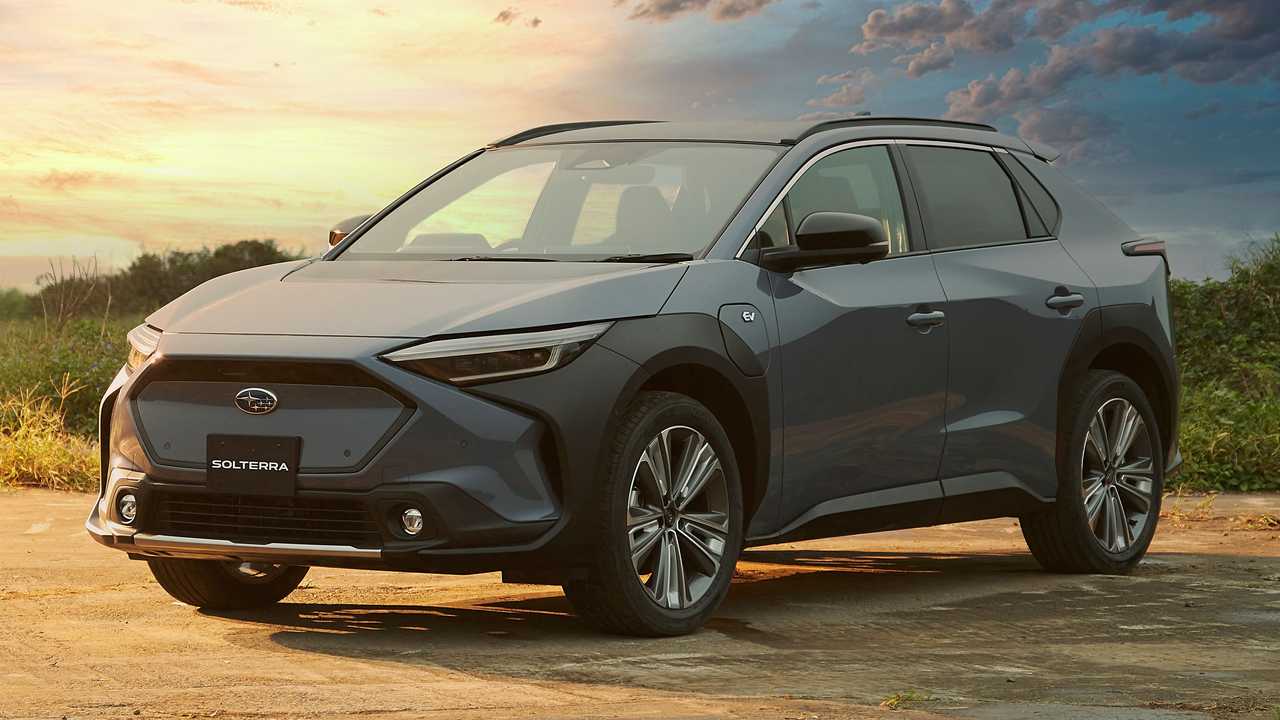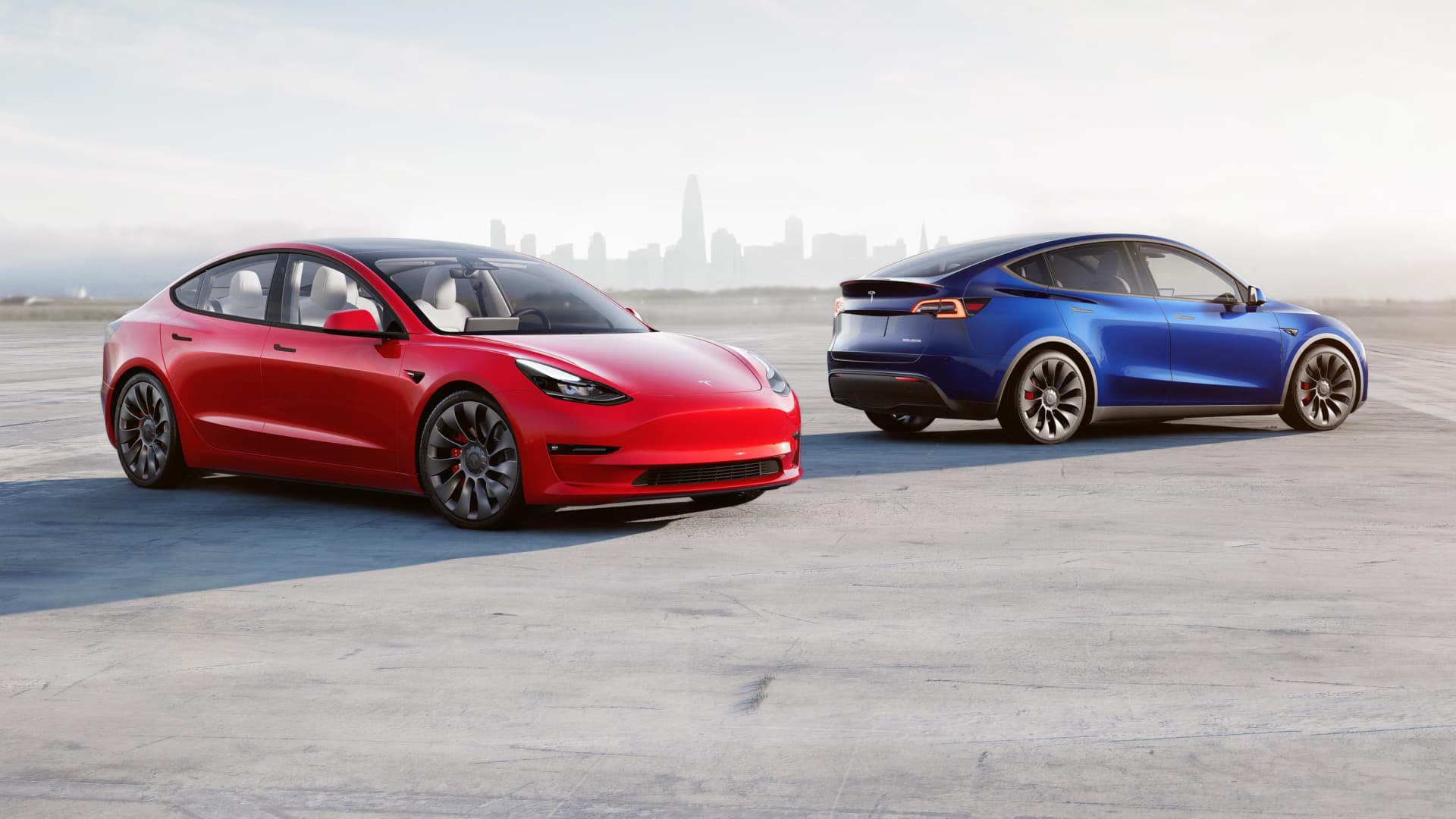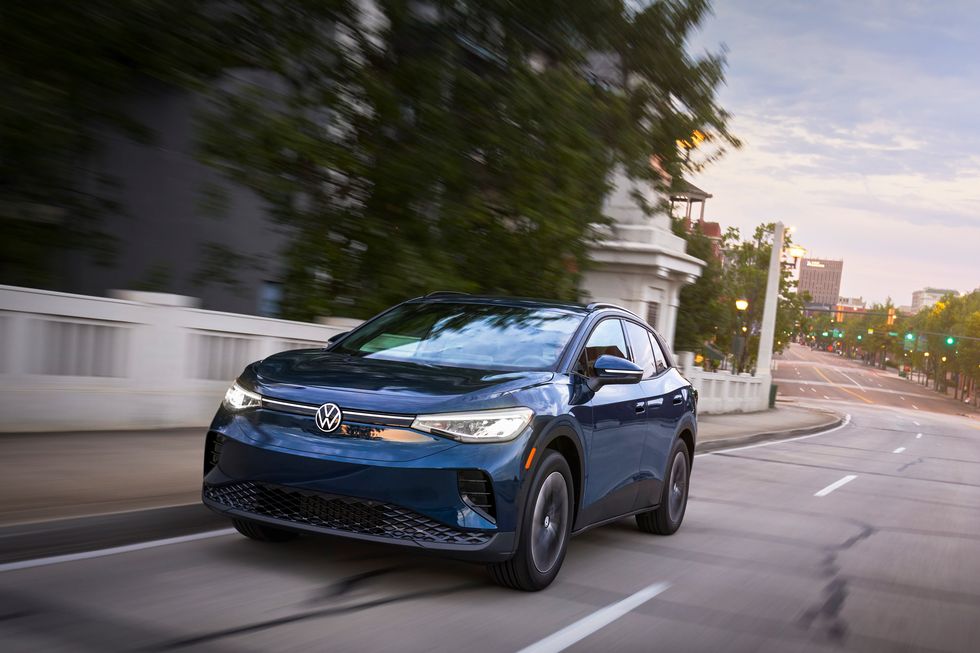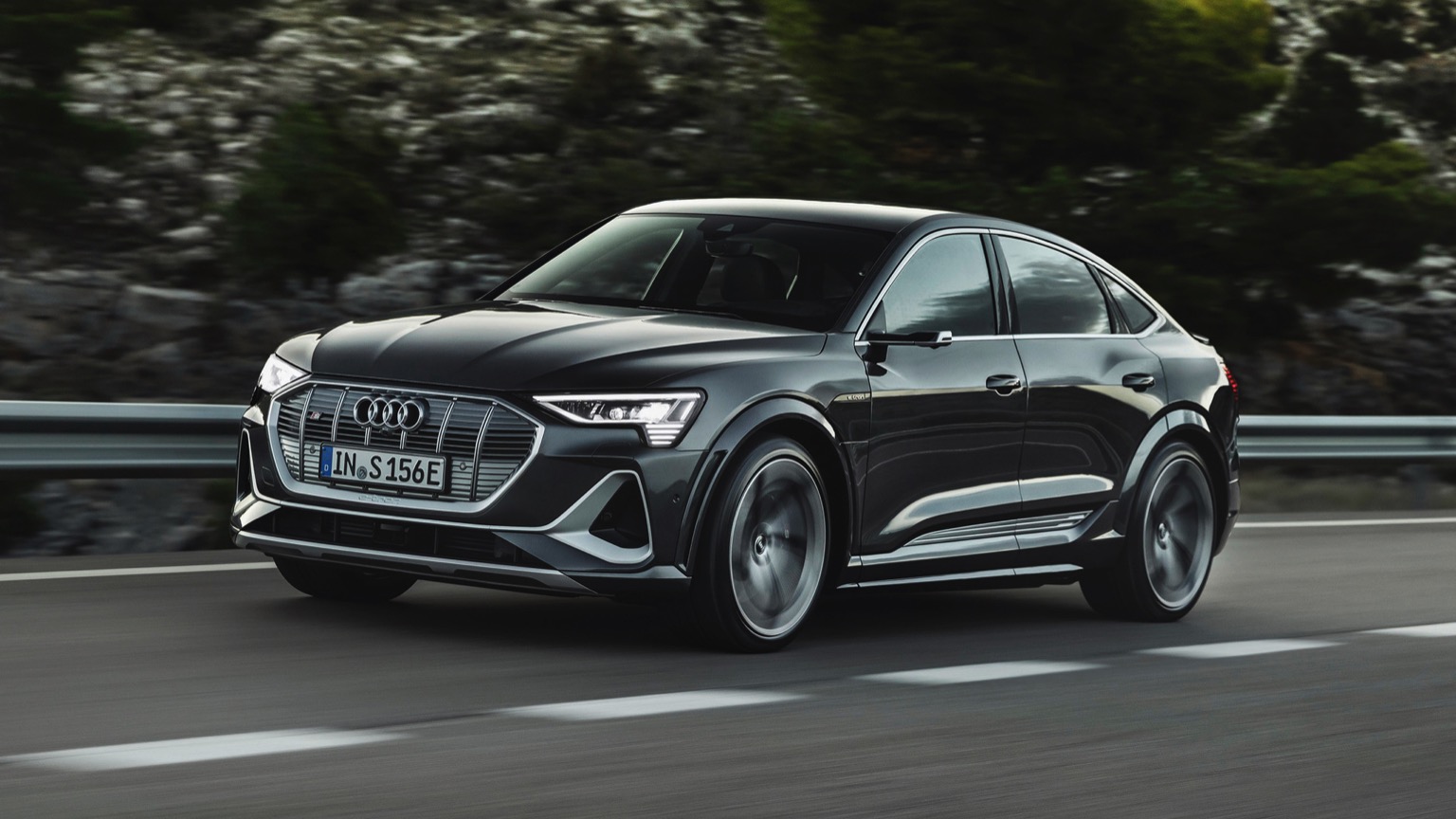For the first time in December, electric vehicles (EVs) took the majority of sales in the German auto market. Specifically, plug-in EVs captured 55.4% of passenger vehicle sales, while full electric vehicles accounted for 33.2% and plug-in hybrids made up 22.2%. Non-plug-in hybrids accounted for 12.8%, leaving only 31.8% of sales for traditional combustion-engine vehicles.
In total, 314,318 units were sold in December, a 38% increase from the previous year. For the whole of 2022, auto sales reached 2.65 million units, a slight increase of 1.1% from the previous year. The top-selling vehicle in December, regardless of type, was the Tesla Model 3 with 9,566 registrations.
In December, plug-in EVs achieved a record share of 55.4%, up from 35.7% the previous year. This figure was made up of 33.2% full battery electric vehicles (BEVs) and 22.3% plug-in hybrids (PHEVs), compared to 21.3% and 14.4%, respectively, in December 2021.
For the full year of 2022, plug-in EVs held a share of 31.4%, up from 26.0% in 2021. This included 17.7% BEVs (an increase from 13.6% the previous year) and 13.7% PHEVs (up from 12.4% in 2021).
BEVs saw a year-over-year increase in share from 13.6% to 17.7%, a growth rate of 1.3 times. This trend could potentially lead to a 50% share for BEVs in the full year 2026, and close to 90% in 2028. However, it should be noted that there are many variables that could affect these projections.
In terms of volume, December saw a record-breaking 104,325 BEVs registered, more than double the volume of the same month the previous year. PHEV volumes also increased by more than 2 times year-over-year, totaling 40,259 units.
For the full year 2022, a total of 470,592 BEVs were sold, representing a significant volume growth of 32.2% from the previous year. This is particularly impressive given that the overall auto market saw relatively flat growth.
Combustion-only powertrains dipped below one third of the market for the first time, with diesel-only powertrains falling to 10.8% (from 15.7% the previous year).


